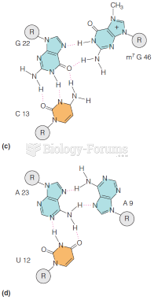|
|
|
More than 150,000 Americans killed by cardiovascular disease are younger than the age of 65 years.
It is believed that the Incas used anesthesia. Evidence supports the theory that shamans chewed cocoa leaves and drilled holes into the heads of patients (letting evil spirits escape), spitting into the wounds they made. The mixture of cocaine, saliva, and resin numbed the site enough to allow hours of drilling.
Excessive alcohol use costs the country approximately $235 billion every year.
The most common childhood diseases include croup, chickenpox, ear infections, flu, pneumonia, ringworm, respiratory syncytial virus, scabies, head lice, and asthma.
Aspirin is the most widely used drug in the world. It has even been recognized as such by the Guinness Book of World Records.






